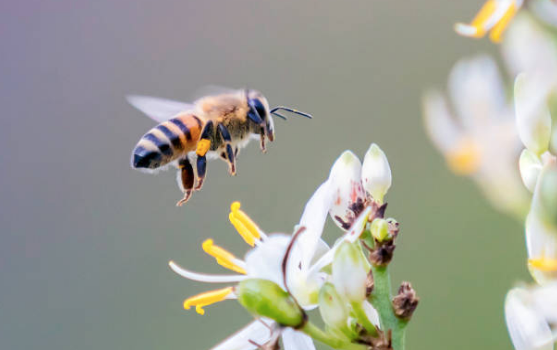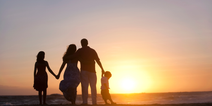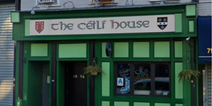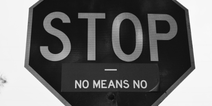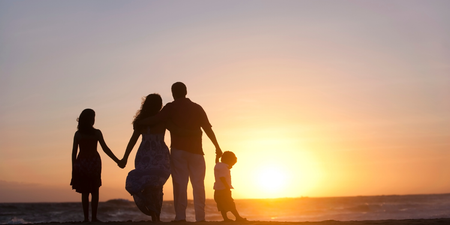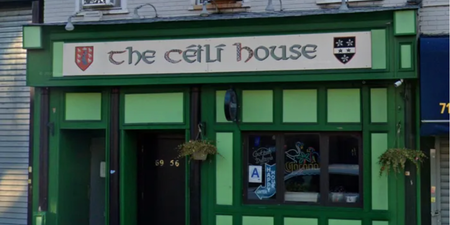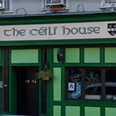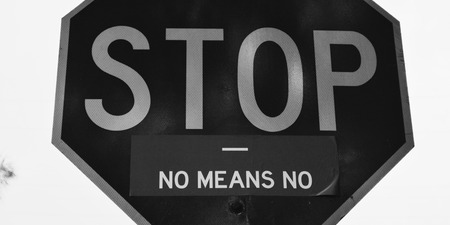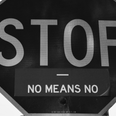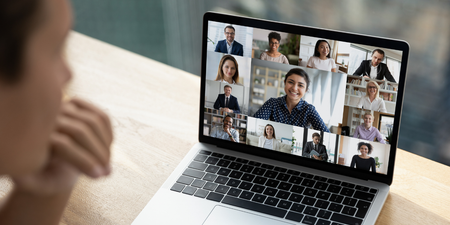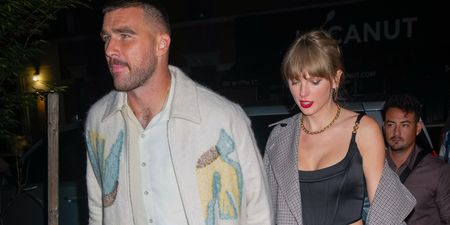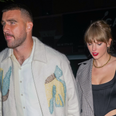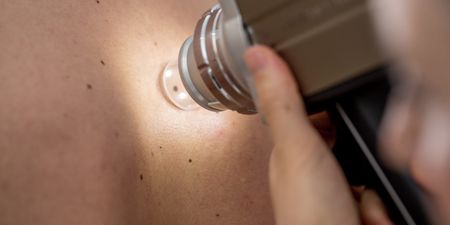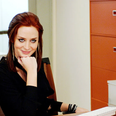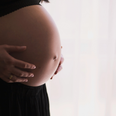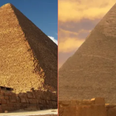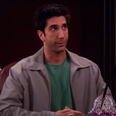
“A direct result of human activity.”
One million animals and plants are on the brink of extinction, a new report has warned.
Climate change, the pursuit of economic growth, and human activity has led to the cause of unprecedented damage to the natural world.
Scientists have warned that a complete overhaul of economic systems, including the use of energy, space, and food, is necessary to save many of these species from extinction and to stop nature from collapsing.
“The essential, interconnected web of life on Earth is getting smaller and increasingly frayed,” Professor Josef Settele, who co-chaired the study, told Reuters.
“This loss is a direct result of human activity and constitutes a direct threat to human well-being in all regions of the world.”

The study, which was published in Paris today by the Intergovernmental Science-Policy Platform on Biodiversity and Ecosystem Services (IPBES), showed that pollution, habitat destruction and carbon emissions are all contributing to a potentially catastrophic outcome for the natural world.
One million of the planet’s estimated eight million plant, insect and animal species are currently at risk, with the rate of extinction being tens to hundreds of times higher than the average rate has been over the last 10 million years.
Environmental scientist and chair of IPBES Robert Watson said that nations and communities need to be committed t0 drastic changes.
“The report also tells us that it is not too late to make a difference, but only if we start now at every level from local to global,” he said.
“By transformative change, we mean a fundamental, system-wide reorganization across technological, economic and social factors, including paradigms, goals and values.”
During May, Her will be doing some more #ConsciousBits.
Over the month, we’ll be learning how to re-use more than we buy, examining the sheer amount of waste the planet produces, and considering the many, many benefits of sustainable fashion choices.
We’ll also be chatting to some people who have made sustainability a priority, while setting ourselves a few environmentally conscious challenges along the way.
Change is daunting and we’re not perfect, but we can always try to do our bit. Our conscious bit.
You can follow the rest of the #ConsciousBits series here or follow our Instagram account for more related content.
Want to get in touch? Email us at [email protected].
